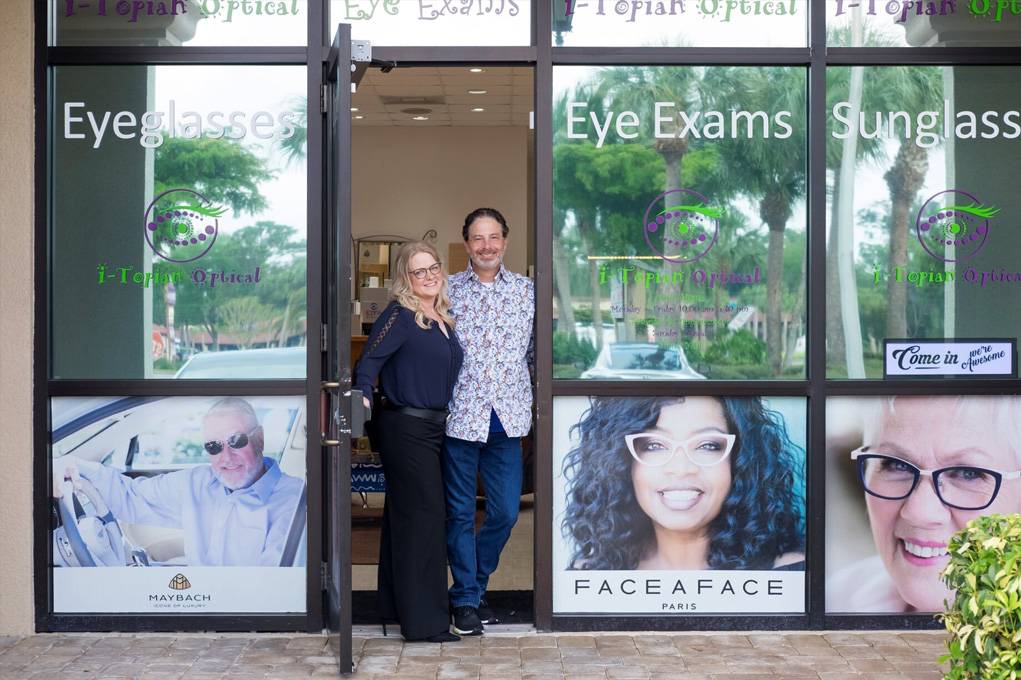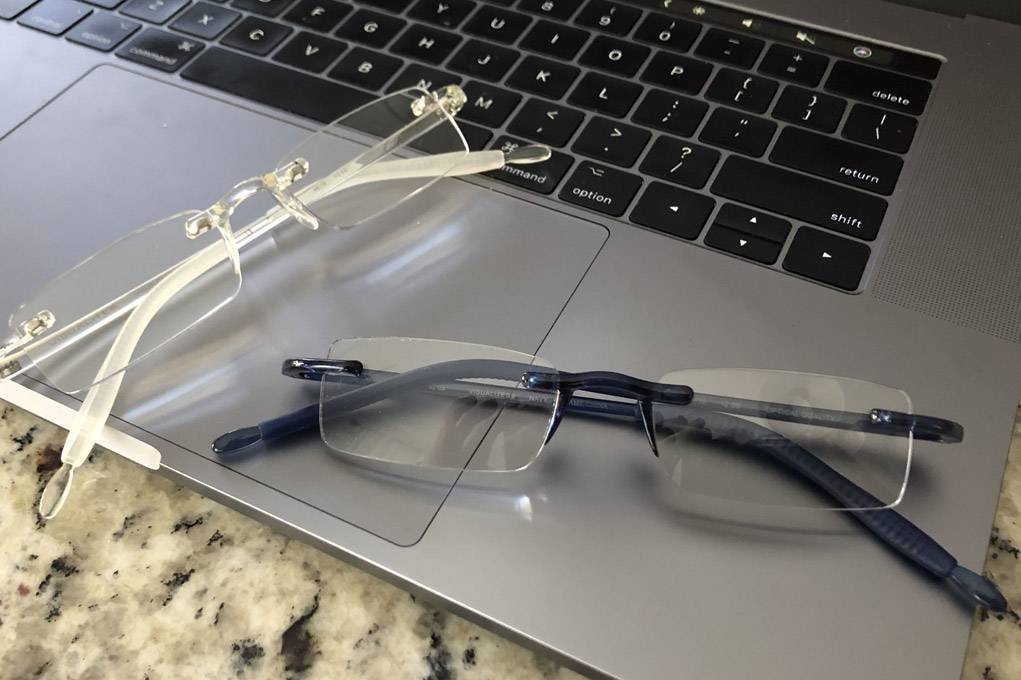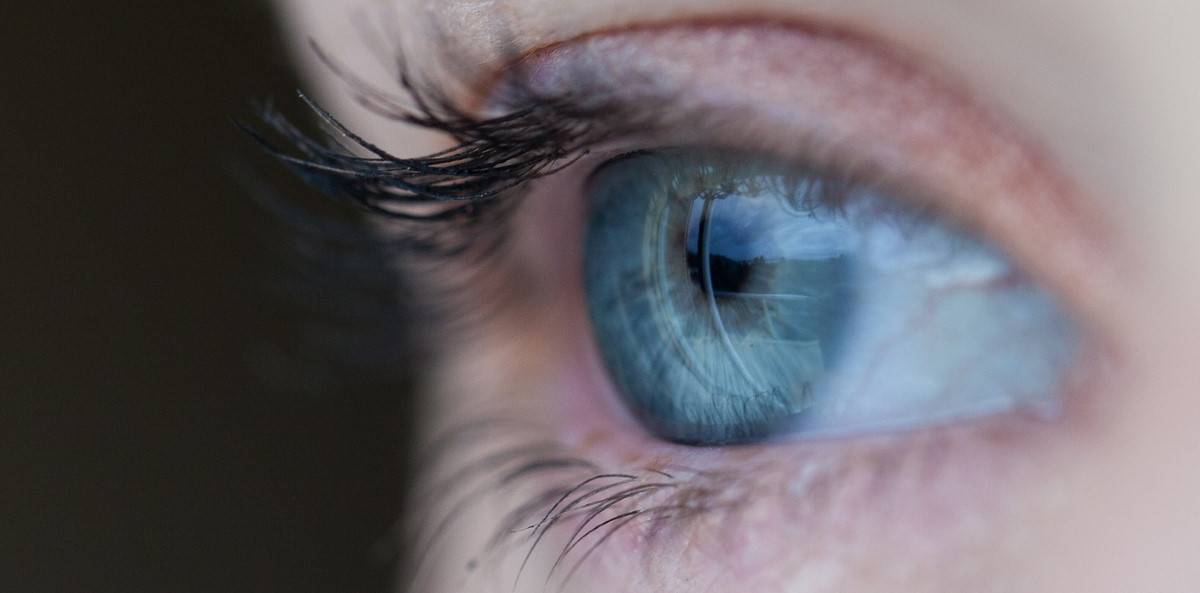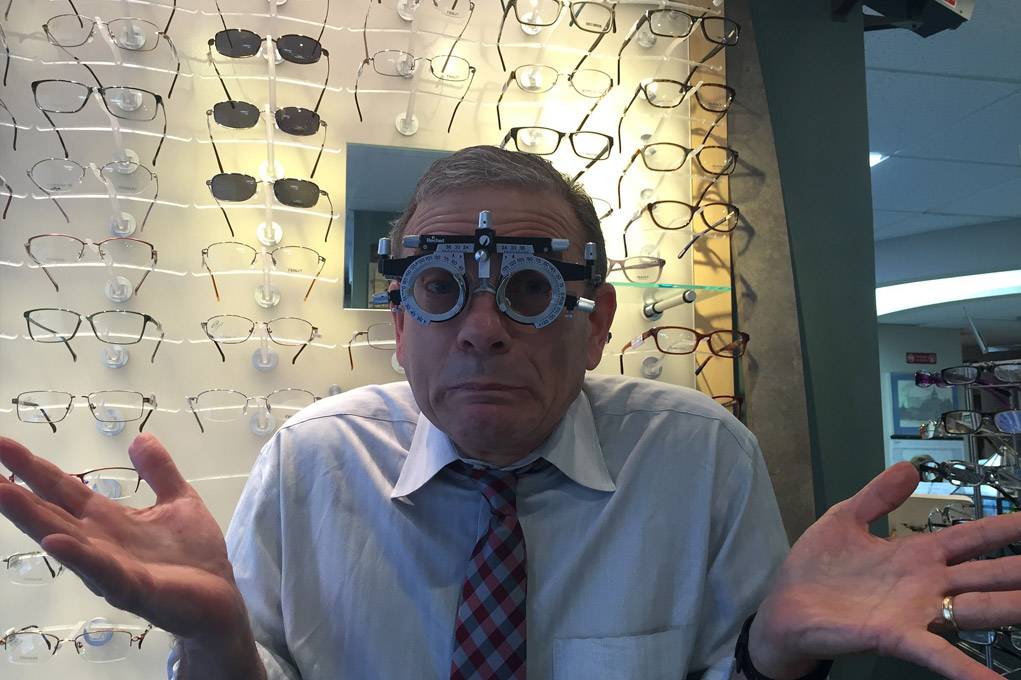
Who Should You See: An Optician, Ophthalmologist or an Optometrist
If you are reading this you are aware of the importance of having a qualified eye doctor but may not know the important differences between the three types, an Optometrist, an Optician and a Optometrist. You are trusting your eyes and your vision to these professionals so the first step is understanding the differences. Two of these are medical doctors and one are not. Today we will start with the one that is not.
Optician
Opticians are not doctors but are an essential part of the eye care team. They fill prescriptions from medical eye doctors and are technicians who specialize in eyeglasses and contact lenses to correct your vision. Opticians do not diagnose or treat eye conditions or diseases, nor do they perform vision tests or write prescriptions. While they do not have an doctorate in some states they need to complete an opticianry training program to obtain a license.
Optometrist OD
Optometrists complete a four year doctorate program of optometry after completing their undergrad. This program prepares them to offer primary health care for the eye as a state licensed doctor. An optometrist performs vision tests and eye examinations to determine vision problems like farsightedness and nearsightedness and prescribes the appropriate eyeglasses, reading glasses or contact lenses. They can also treat some common eye problems including eye infections, dry eyes and even chronic conditions like glaucoma. For more serious conditions an ophthalmologist is needed and the two may work together to co-manage your care to create a specific eye care program.
 Ophthalmologist
Ophthalmologist
Ophthalmologists are board certified medical doctors who have completed four years of medical school after completing their undergraduate degree. Additionally, each ophthalmologist is required to complete a 3 year hospital or university residency specializing in ophthalmology. In their residency they receive additional training in eye care diagnosis of conditions and diseases that require surgical or medical treatment.
After completing this extensive training in addition to performing eye exams and vision test to prescribe corrective lenses, (reading glasses, prescription glasses and contact) they become fully qualified ophthalmologists, authorized to provide full spectrum eye care. The includes diagnosis of eye diseases and conditions and they either perform surgery to correct certain conditions or prescribe treatment plans including prescription drugs or vision therapy. They can even perform plastic surgery to smooth wrinkles or raise droopy eyelids.
Ophthalmologists often specialize in specific aspects of the eye such as the cornea or the retina, or in treating specific conditions such as glaucoma. They may also specialize in certain segments of the population. For example pediatric eye care specialists only treat children. They may also specialize in a practice like refractive surgery or oculoplastics. Because of this they often practice in groups to cover a complete range of specialties along with other physicians.
Real World Scenario of Eye Care
So in a real world scenario you may be seen by an optometrist who performs your vision test and prescribes corrective lenses. At this point you are attended to by an optician who assists you in selecting frames and lens options. If you have a more serious condition you would be referred to an ophthalmologist for diagnosis and treatment outside the scope of the optometrist’s ability.

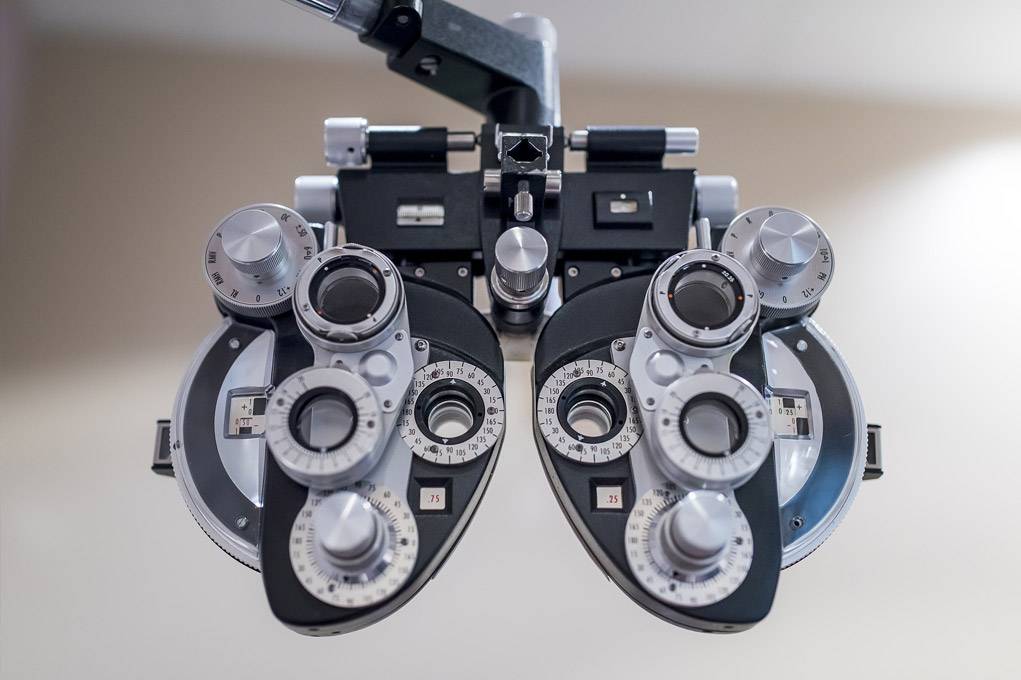 Ophthalmologist
Ophthalmologist
